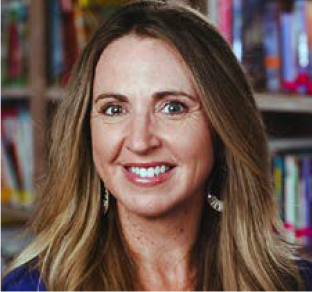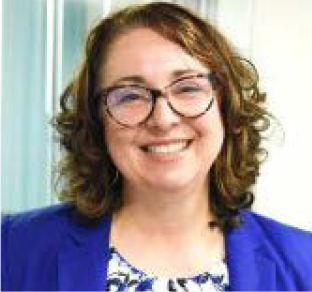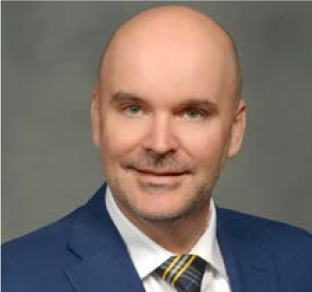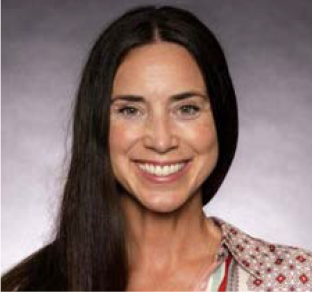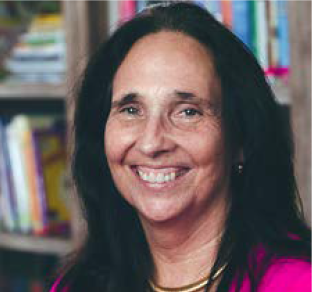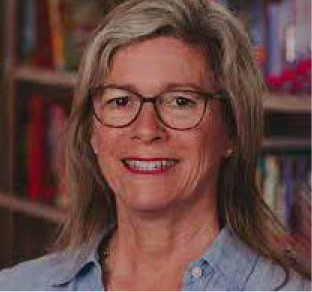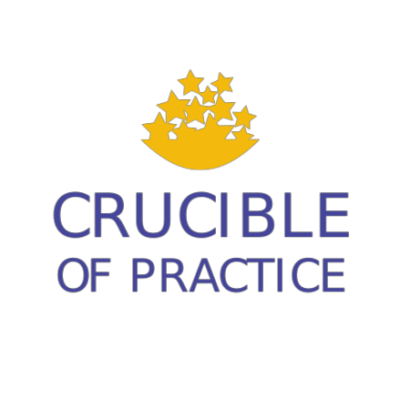
- This event has passed.
The Intersection of Progress and Practice: Actualizing the Science of Reading With Moonshot Moment
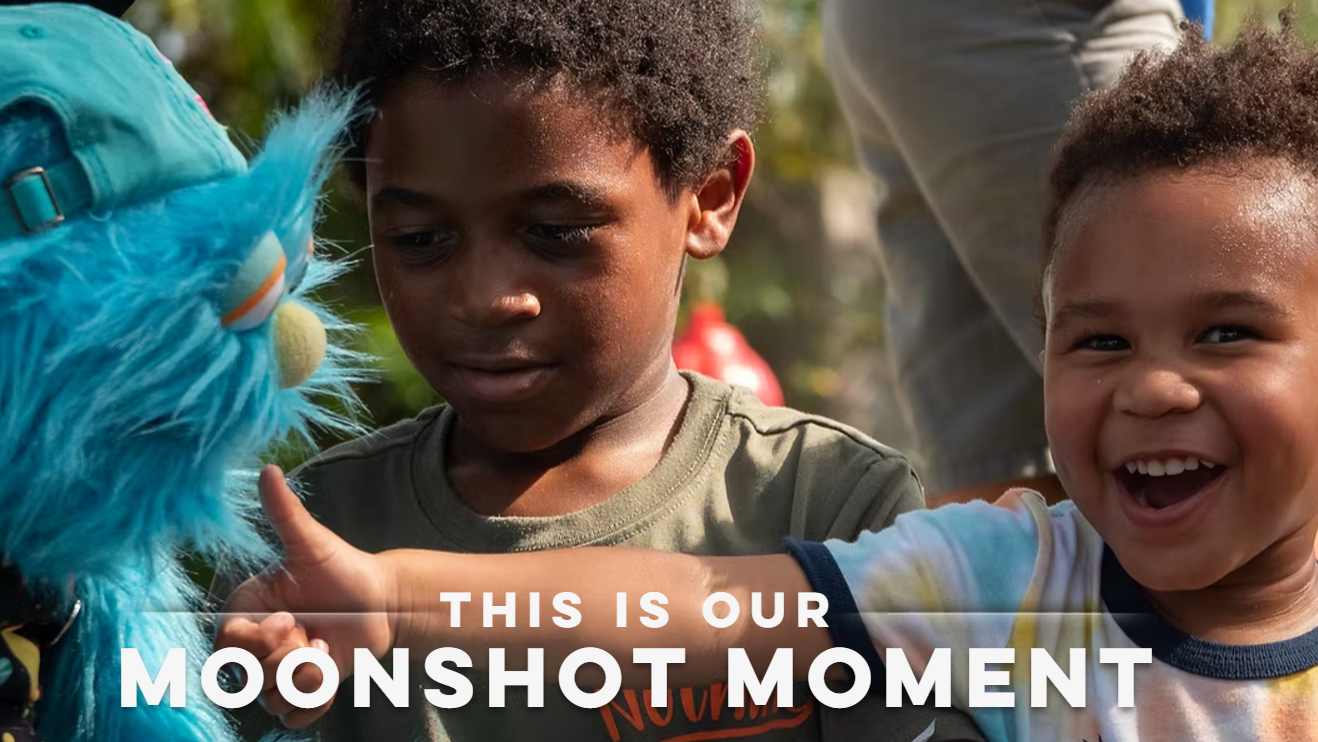
Moderated by Barbara Hammond and Liz Woody-Remington from The Learning Alliance, this session explored how leaders with Moonshot Moment, the CGLR community in Indian River County, Florida, have integrated a systems-thinking approach with implementation science to make meaningful gains in grade-level reading across their community. The webinar began with Hammond and Woody-Remington, co-founders for the coalition’s backbone organization, providing an overview of the work of The Learning Alliance.
Our Moonshot programs have evolved, based on need over the last 15 years. They are about integrating the science of learning and the science of reading into the ecosystem of birth through third grade across our community. Our work focuses on making sure every child has the opportunity to become literate, compassionate, creative citizens who can improve our world.
– Barbara Hammond
The conversation then turned to Tiffany Hogan, Ph.D., of Speech & Language (SAiL) Literacy Lab, at MGH Institute of Health Professions, who talked about her research in implementation science and how principles in this field can be applied to teaching in collaboration with school districts. The example Hogan shared acknowledged the various factors that influence children outside of the classroom.
“Implementation science acknowledges that children are contained in communities and systems that affect their learning. It’s not that they’re just going to a classroom, and this is where the learning occurs. They’re actually housed in a complex system. The ability to act on the science of reading is buried under all of the layers representing the complex ecosystem of teachers, school districts and communities.”
Hogan noted how this approach influences strategies.
“It means we’re involving all of the community members. We have strong leadership and the support of teachers, their students and their families. What we’ll then see is continual improvement.”
-Tiffany Hogan, Ph.D.
Superintendent David K. Moore, Ed.D., of the School District of Indian River County, shared how he has cultivated a practice of using habits directed toward academic excellence to shape the processes within the district. This has led to tremendous growth in student outcomes.
“We are unwavering in our expectations in terms of student outcomes. The foundation of implementation is accountability; understanding your roles, responsibilities, the system or processes and procedures that need to be done. It’s understanding the science of reading and being accountable for those things such as behaviors, habits and systems that really help drive change across the totality of the system.”
–David K. Moore, Ed.D.
Following Moore, Danielle “Nell” Thompson, Ph.D., of The Reading League Montana explored concepts with the science of learning that are applicable to the ways in which systems thinking and processes are implemented in the school district under Moore’s leadership.
“This literacy crisis is really a leadership crisis. Dr. Moore is showing us that by leading this work and giving credit where credit is due to the teachers, teams he’s working with and partnerships he has, he’s leveraging those things to raise the bar and remove the barriers so students can access what they need and elevate this into grade-level reading performance.”
–Nell Thompson, Ph.D.
Next, Leslie Connelly with the School District of Indian River County shared an overview of the district’s Moonshot School. This innovative school models holistic practices and integrates the public-private partnership between the school district and The Learning Alliance in one site for students in pre-K through fifth grade. More than 80% of the student population is considered economically disadvantaged. Through the partnership between The Learning Alliance and the School District of Indian River County, the school includes a teaching lab, coaching for teachers and holistic services for students and their families.
“We are trying to create a culture of collective efficacy. We want to be that hub for learning. We ground our work in the science of reading, and we continue to learn and grow each year together.”
–Leslie Connelly
The session closed out with a reflection from all panelists about their collective vision and journey to ensure all students are supported in learning and literacy.
If you were able to attend the session, we would love to hear your feedback! We appreciate your help in filling out the following form as we seek to learn and understand the perspectives, ideas, critiques and recommendations that better inform our key audiences.
Panel
